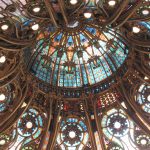Last Updated on July 17, 2023 by Ctybr67k
This post explains the rise of Hitler in Munich, telling the story from his arrival in the city in 1913 until he left for Berlin and became Reichskanzler. How did Munich come to be known as the ‘Hauptstadt der Bewegung’, or ‘Capital of the (National Socialist) Movement’? Mention is made too of some of the many places in today’s Munich which are connected to Hitler’s time here and of the various guided walks on offer which give you the chance to see them and have their significance explained by an expert tour guide.
a little history
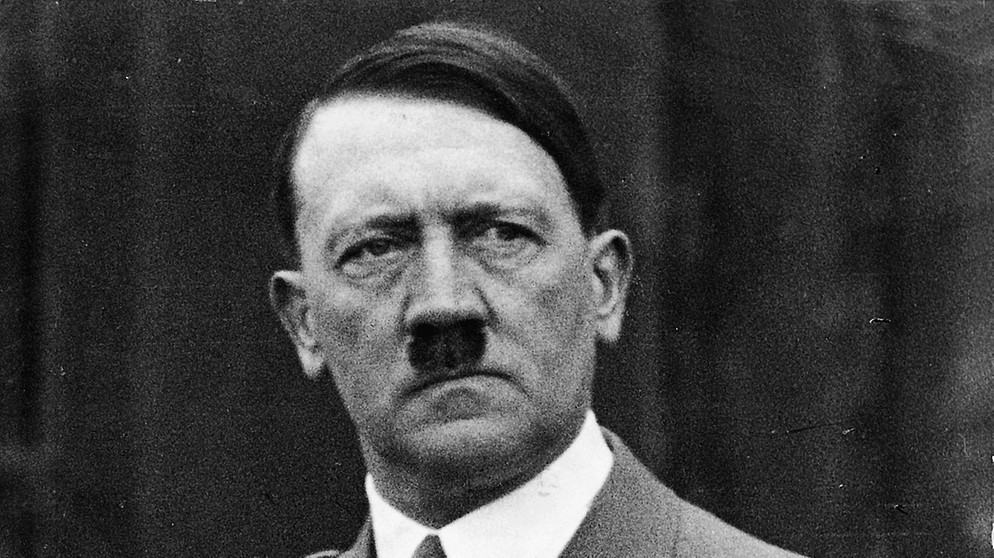
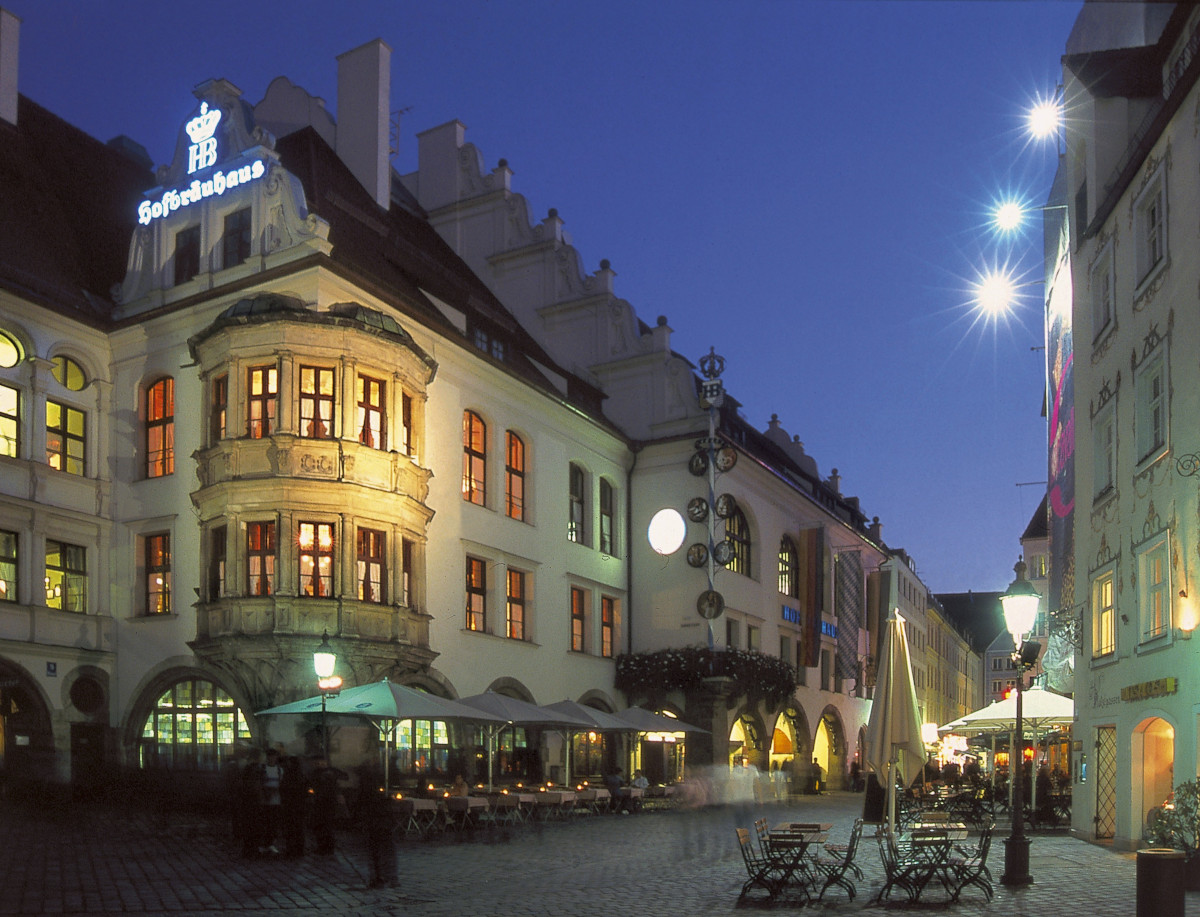
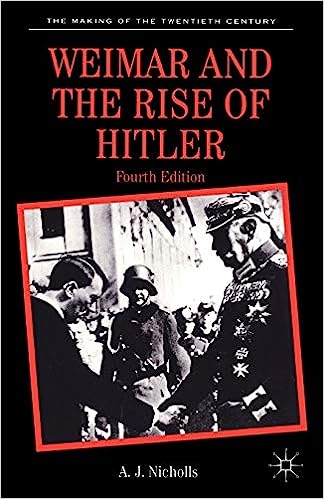
Adolf Hitler arrived in Munich in 1913, having left Vienna where he had failed the entrance exam to the Academy of Fine Arts. He volunteered for the Bavarian Army and won an Iron Cross on the Western Front. He returned to Munich after Germany’s defeat in 1918 and was hospitalised, suffering from the effects of a gas attack. Order in the city soon broke down, King Ludwig III fled and Germany was declared a republic under the Weimar Constitution.
Hitler began making speeches, notably at the Hofbräuhaus beer hall, gathering support for his radical views and by 1923 he could attract large crowds. On November 8th that year, 3000 people crowded in to hear him call for revolution, replying with thunderous applause, cries of Heil Hitler and the singing of Deutschland über Alles. On the next day, the 9th November, anti-Jewish speeches were made in Marienplatz, followed by a march to Odeonsplatz, where fighting and shooting broke out and 20 people, including 4 policemen were killed. But the putsch – that’s German for coup d’état! – failed.
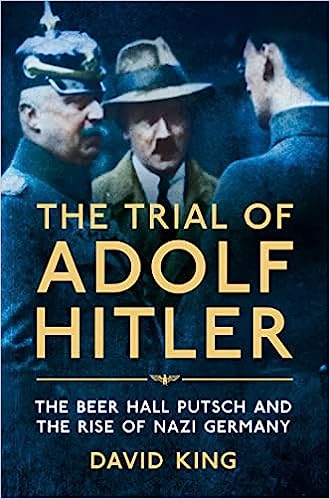
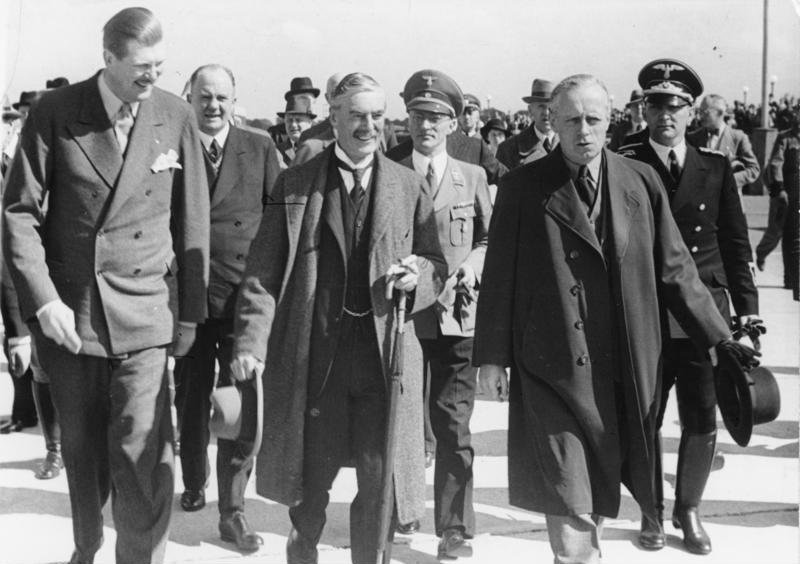
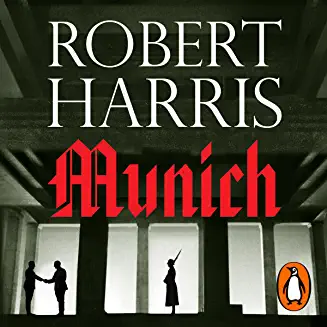
Hitler was arrested, tried and imprisoned in the nearby Landsberg prison, where he spent 8 months, mainly working on his book, Mein Kampf. A J Nichols, author of Weimar and the Rise of Hitler called it a ‘long, rambling and badly written book’ and summarised its content as outlining Hitler’s ‘belief in the right of the strong to dominate the weak, his violent racialism, his fascination with the techniques of mass manipulation and his contempt for the masses.’
After his release from prison, Hitler’s rise continued. His party bought the Bavaria Film Company and used it as part of their propaganda campaign. As Germany’s economy fell apart, the appeal of a strong leader, promising to restore the country’s wealth and international standing, grew. Hitler left Munich for Berlin and by January 1933 he was Chancellor of Germany. But it was back in Munich that the big conference in 1939 was held to try and stop the outbreak of World War II, a story excitingly retold in the novel Munich by Robert Harris.
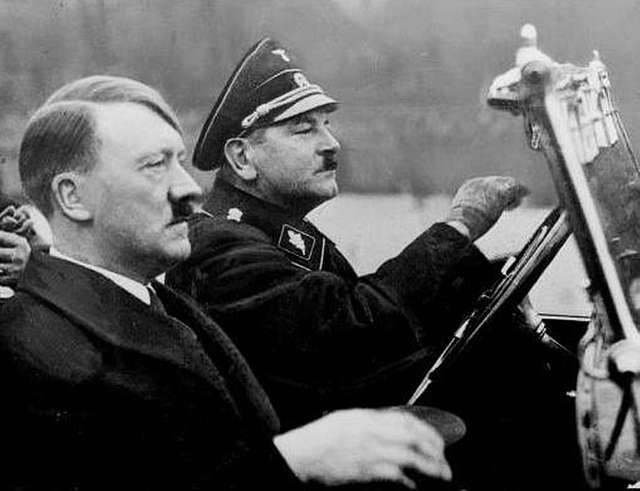
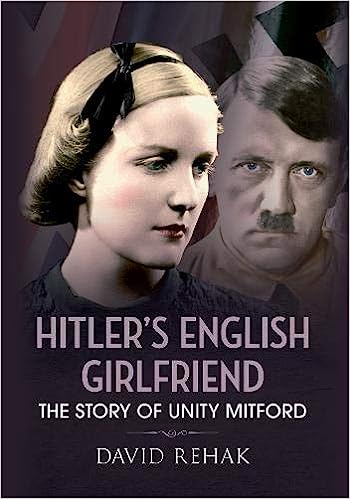
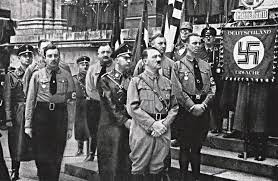
There are lots of guided tours on offer which will take you round the main sights of Munich connected to Hitler, such as the beer halls where he gave speeches, the site of the failed Putsch and Königsplatz, where the Nazis held mass rallies. You may also see number 16, Prinzregentenstrasse, where Hitler had an apartment and two sites where the Nazi party had their HQ. The Brown House was destroyed by Allied bombs in October 1943. In 2005, the site became the home of the Munich Documentation Centre for the History of National Socialism, a building you can visit today. The Führerbau building still stands and today it is Munich’s University of Music and the Performing Arts.
One of the Mitford sisters, Unity, arrived in Munich in 1934 and gradually became part of Hitler’s inner circle. One of her diary entries describes how she waited 2 hours in a huge crowd, eager to see Hitler and Goebbels leaving the Brown House: ‘Several huge columns of SS, SA and Stahlhelm marched past us to the Brown House and huge lorries full of sandbags with SS or Reichswehr sitting on top. It was all very exciting.’ She also wrote publicly supporting his anti-Jewish views and accepted gifts from him including a golden swastika badge and a private box at the 1936 Olympics in Berlin. There’s more on Unity’s story – which ended in tragedy – on the podcast.
Listen to the POdcast
reading suggestions
Weimar and the Rise of Hitler by A J Nicholls
The Trial of Adolf Hitler by David King
Hitler’s English Girlfriend, the Story of Unity Mitford by David Rehak
Munich by Robert Harris
links for this post
Selection of 3rd Reich Walking Tours of Munch
Previous episode Munich City Centre
Next episode Munich and World War II






